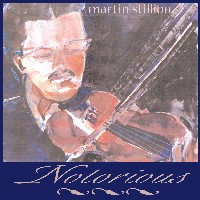No one would argue that. Or would one?
I think the erosion of language contributes to a lack of consensus, since you can't have consensus if you don't know what it means. I suppose someone might argue with me on that, but first we'd have to agree on the meaning of the word argue.
One can still confidently use "argue" to mean "positively assert" in a sentence such as "Republicans argue that the President is principled; Democrats argue that he's naive," with little danger of being misunderstood.
But put a "no one would" in front of "argue that," and all of a sudden "argue" apparently can mean "dispute" instead of "positively assert," as in this quote from Canada's National Review of Medicine:
While no one would argue that preventive measures (lifestyle, nutrition, exercise) are the best way to stay healthy...These days, half the time I see the phrase "no one would argue that," it precedes a self-evidently true proposition—and the other half the time it precedes a self-evidently false proposition. I argue that only the latter usage is correct.
Of course, "argue with" is a common construction that does mean "dispute." I think the "with" is a victim of an elision in the above example. I wouldn't argue with the grammar if the sentence ran this way:
While no one would argue with the notion that preventive measures (lifestyle, nutrition, exercise) are the best way to stay healthy...However, that's a bit wordy—which is why the elision happens. In the interest of both clarity and concision, I argue that if people mean "dispute," they ought to write "dispute."
Would you argue with—I mean, would you dispute that?


0 Comments:
Post a Comment
<< Home